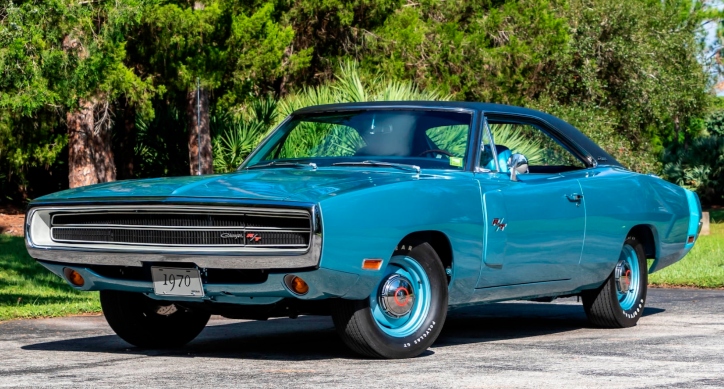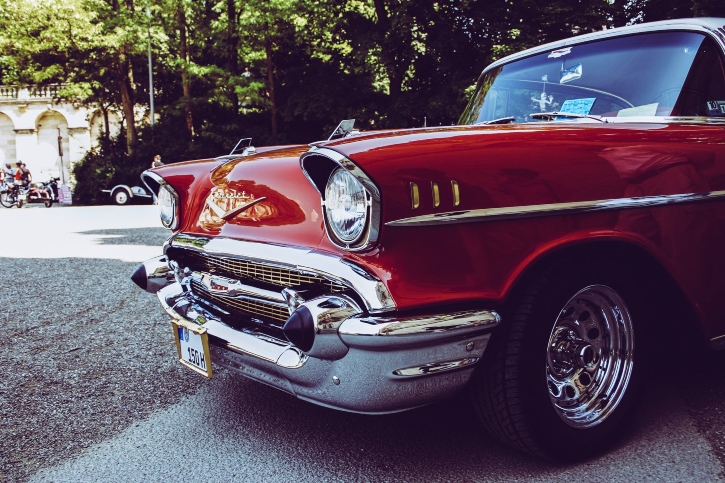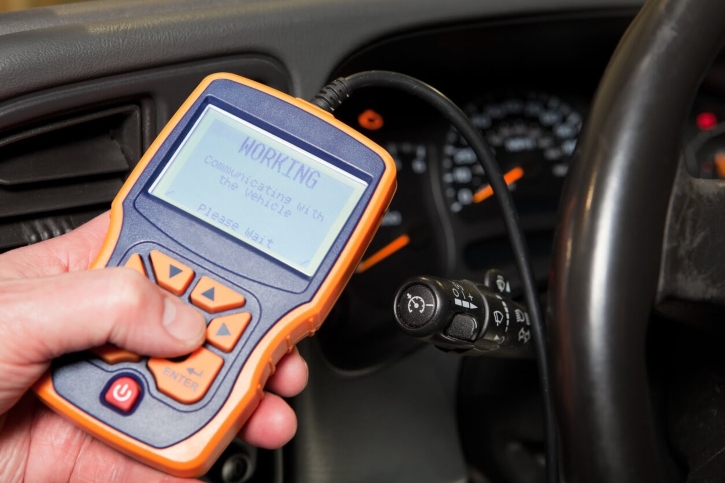You’re looking at all the different types of insurance out there and your brain is cranking as hard as it can to understand all those terms — third-party, third-party compulsory, comprehensive car coverage, liability insurance, and many more.
You understand that accidents can happen any time, and paying for them entirely out of your pocket might get rid of the dents on your car but will certainly leave a lasting dent on your bank account.
So you want to purchase the most comprehensive plan — but also make sure it doesn’t make your budget go berserk — and you think third party insurance is a good idea. Well, hold on. Let us explain!
Will third party insurance protect you in an accident?
The short answer is, no, third party insurance does nothing to cover you in an accident.
And here’s the long answer. Third party insurance (also known as liability insurance) is there to cover the damage you cause to other road users while on the road. You might have heard the term third-party compulsory insurance — it’s called compulsory insurance because the law requires each driver to purchase at least some third party insurance before using the roads.
And that makes sense — the law wants to ensure that everyone bears the financial responsibility of their actions on the road, and that everyone gets financially compensated if they get into an accident that was not due to their fault.
Because driving without third-party compulsory insurance is a crime in most places, you can get an online quote from an insurance provider such as NRMA to see how much it would cost you.
You should also note the difference between third-party compulsory and third-party non-compulsory insurance.
Third-party compulsory insurance is supposed to cover only bodily injury to other road users when you get into an accident that was your fault. The injured party can file a third party claim with your insurance company, after which the company will calculate a fault percentage before compensating the individual.
This is why it’s always a good idea to report an accident to your insurer immediately even if it was your fault because they can work with the insurance company of the victim to work out the fault percentage and other technicalities.
On the other hand, third-party non-compulsory insurance is meant to pay for the damages you cause to another person’s property or vehicle (in contrast to bodily injury) while driving. You’re not required to purchase this by law, but you can see why doing so is a good idea.
Sometimes, add-ons allow you to convert your third-party non-compulsory insurance into third party fire and theft insurance, which is basically third party insurance plus protection from theft or fire damage to your vehicle.
Oh, and by the way, if you’re scratching your head trying to find the words “third party insurance” on a website and not being able to, that’s because it goes by several different names based on the location. For example, in Australia, it’s also known as the Green Slip and Transport Charge Accident.
Looking for insurance to cover your vehicle? Check out comprehensive car coverage.
The primary purpose of insurance is to protect you from unexpected financial burdens that come along with an accident. Plus, what if the accident is not your fault? The other party’s third party insurance might pay for your medical bills but what about the repair of your vehicle?
Several types of insurance — such as collision insurance — exist to cover the damage to your vehicle in case of an accident. But what most people recommend is comprehensive car coverage, which as the name suggests, covers damage to your car from a comprehensive range of sources.
Comprehensive car coverage will cover the damage to your car regardless of who was at fault in an accident. But it will also cover damage caused by fire, floods, and storms. Not only that, third party insurance will also save your life when someone damages your parked car or in the worst case, steals it altogether.
But here’s the good part — comprehensive car insurance also covers damage you cause to other vehicles or road users. In other words, it also acts as your third party insurance and keeps you protected from legal action while you’re on the road. So it’s basically third party liability insurance plus coverage of your car.
Quick summary
Insurance terms can get confusing so here’s a quick summary.
Third-party liability insurance is meant to cover the medical bills of people you might injure while driving. It does nothing to protect you or your car.
Meanwhile comprehensive car coverage covers damage to your vehicle in addition to the damage you might cause to another person or their property. And this is the option most people recommend!












